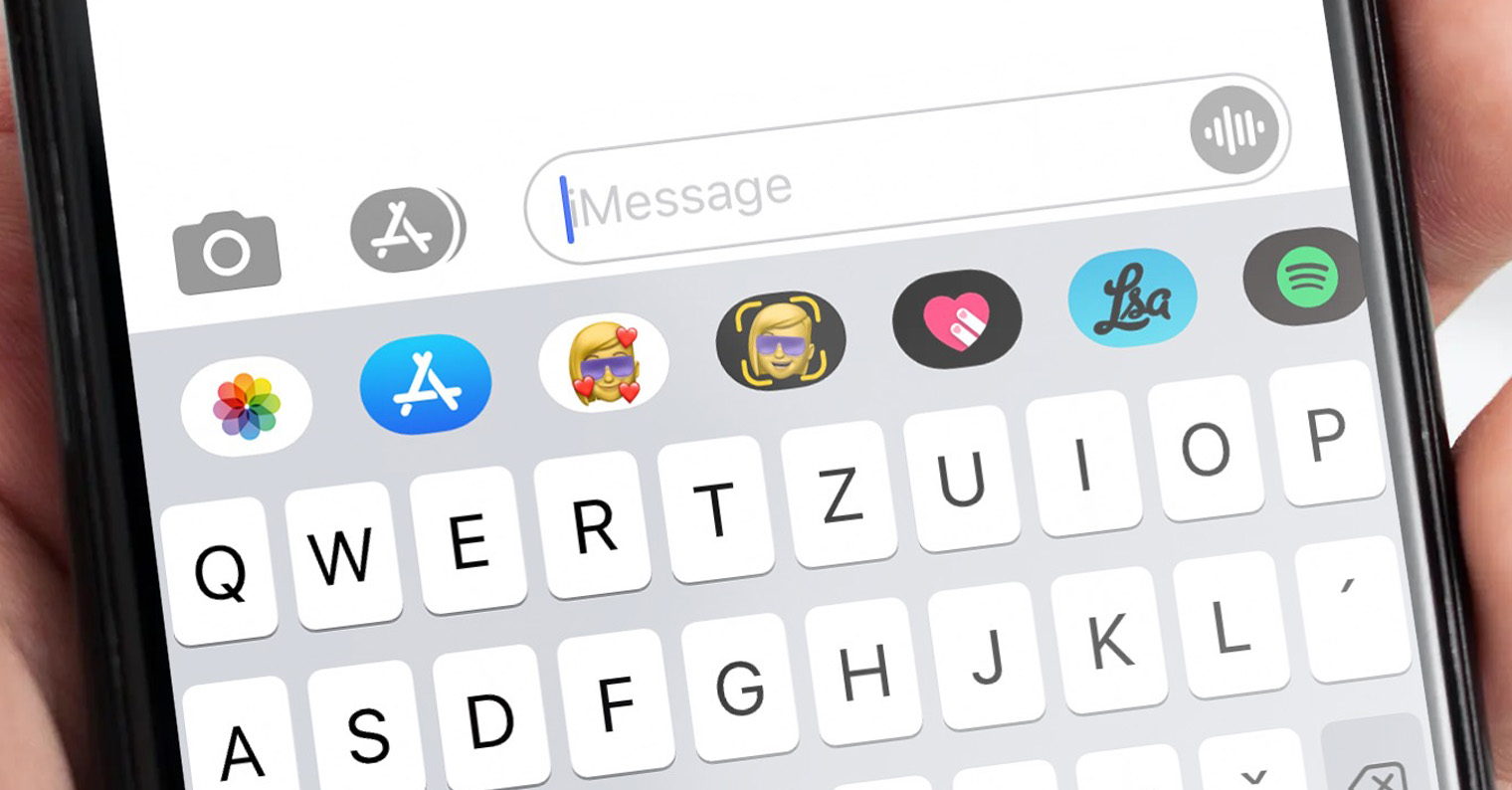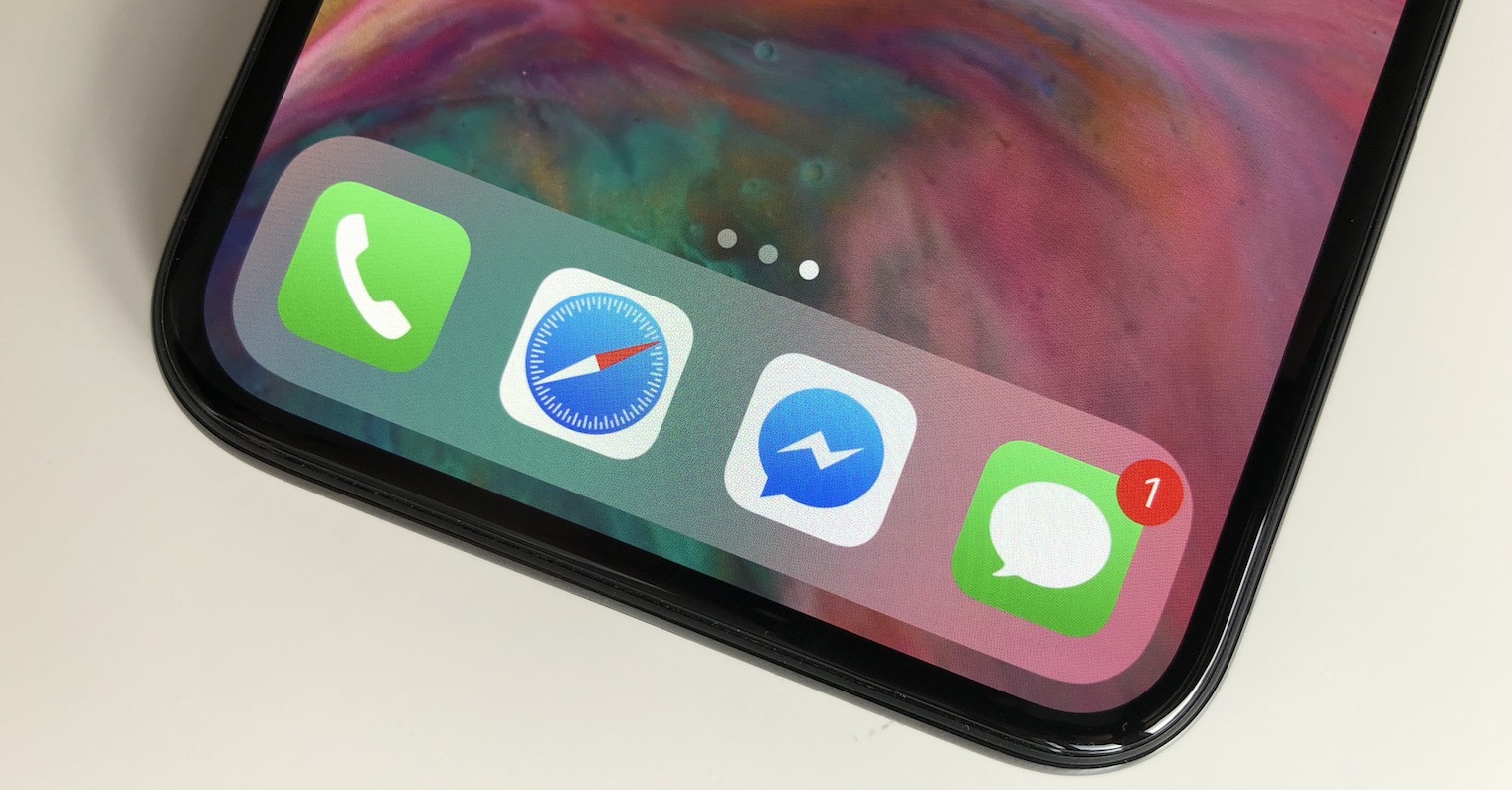iMessage is one of the most popular features of Apple products. In practice, it is a chat tool, with the help of which Apple users can send not only messages, but also photos, videos, stickers, files and others for free (with an active Internet connection). Security is also a huge advantage. This is because iMessage relies on end-to-end encryption, which puts it a bit ahead of the competition in terms of security. Although Apple is constantly working on its solution, it might be worth considering whether it deserves better care.
It could be interest you

At present, Apple presents us with various changes and news only once a year, specifically with the arrival of new versions of its operating systems. There is nothing to be surprised about. iMessage is part of the Messages system application, which combines not only the entire iMessage system, but also classic text messages and MMS together. However, there was an interesting idea among Apple users, whether it would not be better if Apple made iMessage a classic "application", which users would then regularly update directly from the App Store. In practice, this would completely change the approach to changes. New functions, bug fixes and various improvements would thus come through traditional updates from the apple store, without having to wait for the arrival of a new version of the entire operating system.
A new approach to native applications
Of course, Apple could implement this approach for other native applications as well. As already mentioned above, some of them will see improvements and fixes only once a year. In addition, the whole process would be significantly simplified, since the vast majority of apple users have their apps updated automatically in the background - everything will happen smoothly and quickly, without us noticing anything at all. On the contrary, in the case of a system update, we have to approve the update first and then wait for it to install and restart the phone, which takes up our precious time. But back to iMessage. In theory, it can be assumed that if Apple really gave its communication tool such (at first glance better) care, it would quite possibly increase the overall popularity of the entire solution. However, this hypothesis cannot be confirmed or refuted without the necessary data.
Although at first glance, updating native applications directly through the App Store appears to be a more friendly option, Apple still hasn't implemented it in several years. Of course, this raises many questions. Surely someone must have made a similar proposal at least once, but even so it did not force the Cupertino company to change. So it is quite possible that there are potential complications hidden behind it that we, as users, do not see at all. It is necessary to take into account that these are still system applications that are directly "connected" to the given version of the system. On the other hand, a company like Apple would certainly have no problem with the change.
Would you like a different approach or are you comfortable with the current setup?
It could be interest you







 Adam Kos
Adam Kos
A similar approach is not good, if only because the native system applications are very much tied to the entire ios and if, for example, someone does not "download" the given app, it will complicate Apple's life and programming. This is how you know that the given app is always in the system... And it doesn't matter if it is updated as an app or as part of regular system updates, on the contrary, I know that it is the system and not the app store that is the problem.